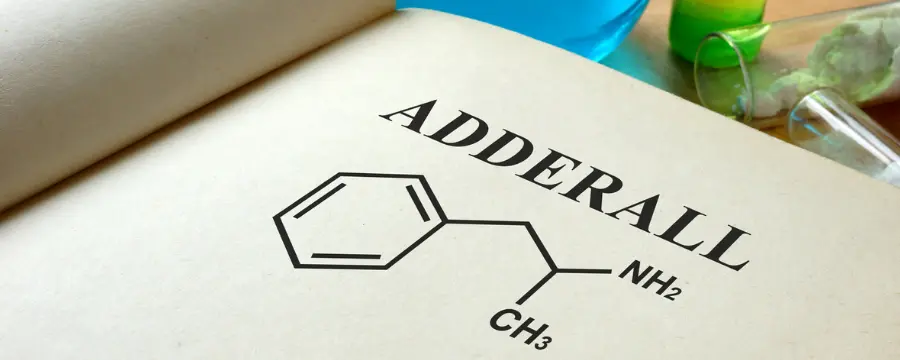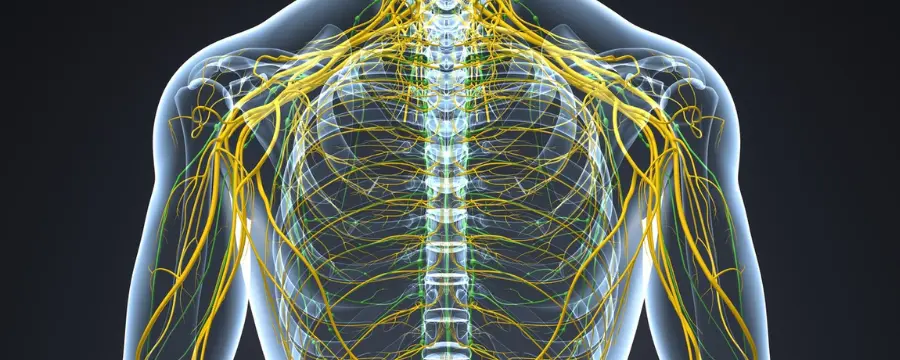
Marijuana Dependence: Symptoms and Treatment
Like many such substances, marijuana can be an incredibly helpful substance in the right amount, and under the right medical supervision.

Like many such substances, marijuana can be an incredibly helpful substance in the right amount, and under the right medical supervision.

Adderall is commonly used to treat attention-deficit/hyperactivity disorder (ADHD) and narcolepsy. It is also a Schedule II controlled substance due to its high potential for abuse and dependency.

Benzodiazepines, more commonly referred to as “benzos”, are central nervous system depressants, which are generally prescribed to manage anxiety, panic disorders, and insomnia, among other things.

Kratom is a botanical substance originating from Thailand and other regions of Southeast Asia. It first showed up in the United States as a dietary and nutritional supplement, often touting weight loss as a result of use.

Various well-known drugs, such as Adderall and Ritalin, are commonly prescribed for ADHD. Vyvanse is one, however, that tends to fly under the radar.

With an estimated 40 million prescriptions written annually, Adderall has become one of the more commonly used drugs in the United States.

Hydrocodone is the most commonly prescribed opioid in the United States and is connected to unprecedented levels of abuse. It is most commonly used for treatment of chronic pain, and is prescribed as Lortab or Vicodin.

For those on the outside looking in, it can be difficult to understand addiction. That’s why it is so important for everyone who is supporting a loved one struggling with drug or alcohol dependence to understand the cycle of addiction.

Methadone is a synthetic drug that can relieve severe and chronic pain. It was first used in Germany during World War II has a cheap alternative when morphine supplies were low.

Prescription drug abuse has become an epidemic in the United States. Hydrocodone and Oxycodone are two of the biggest culprits.